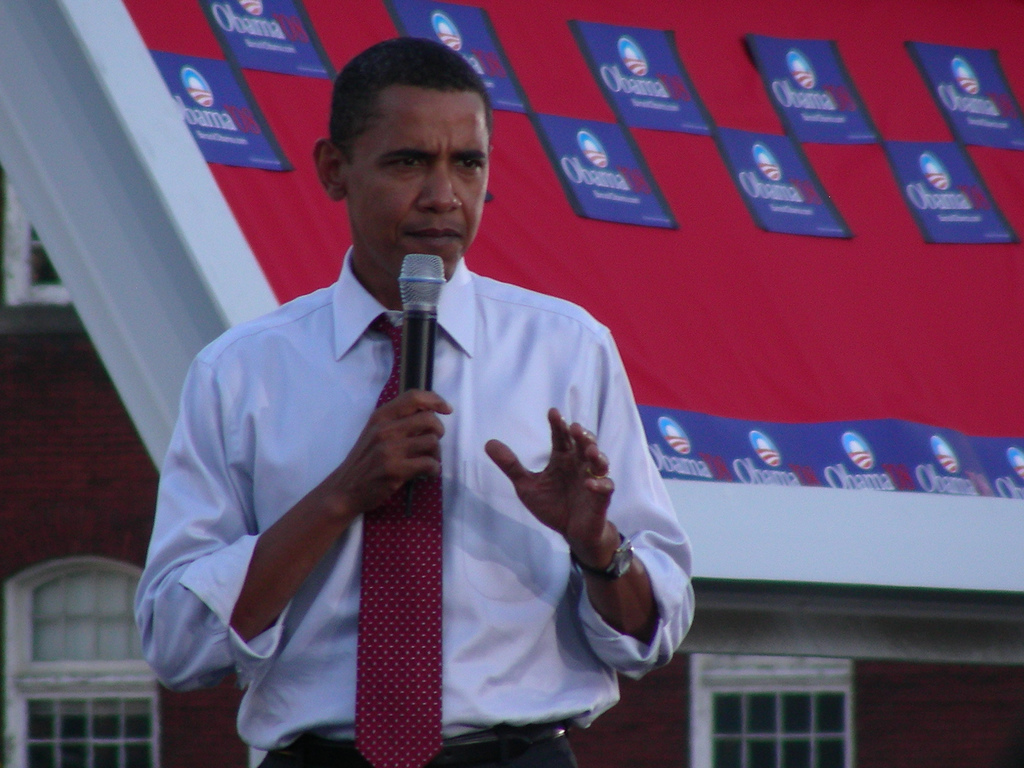President Obama gave his fifth State of the Union address on Tuesday evening, in which he touched upon a variety of topics that predictably resonated well with liberal-minded citizens. And while it’s great to hear about immigration reform and the very real problem of income inequality between genders, there remained a looming issue in the American sociopolitical climate that should have been addressed. This being, of course, the trending phenomenon that is marijuana legalization.
In case you missed it, Obama already conceded last week that weed is less dangerous than alcohol, and his own administration is currently planning new banking regulations that will allow banks to do business with marijuana companies. Meanwhile, nearly half the states in the country have legalized cannabis for medical use, and the recreational legalization experiments in Colorado and Washington have frequented national headlines since they were passed more than a year ago – where is the presidential recognition that this movement deserves? Everyone else – or, rather, the majority of the American public (58%) – is on board with legalization. Is the president afraid of acknowledging the elephant in the room that is the bountiful, rapidly-growing cannabis industry?
Nick Gillespie of Reason.com argues yes, calling the president’s continued reluctance to openly address the issue “unfathomable, bottomless, contemptible cowardice.” This reaction might seem extreme, but the very real issue of marijuana legalization has been steadily emerging for years, yet presidential acknowledgment has been consistently dismissive with little to no recognition of the actual arguments being made. After his most recent progressive admissions, for example, Obama made an immediate clarification to ensure political murkiness: “those who argue that legalizing marijuana is a panacea and it solves all these social problems I think are probably overstating the case. There is a lot of hair on that policy.”
And that’s all we really get to hear. There are some slippery-slope scenarios, of course, but that’s a form of rhetorical fallacy too overused to suffice. How is the case being overstated? Huge increases in tax revenue, check. Save millions of taxpayers’ dollars by abandoning the unwinnable and socially-harmful war on drugs, check. Bring a potentially-dangerous (yet incredibly popular) substance out of the control of criminals and into the hands of experts who can supervise and regulate its distribution, check. The list goes on, but everyone already knows how that goes – we’ve been hearing about it for years, now. What we haven’t heard is what precisely gives that policy, as the president put it, so much “hair.”
Tom McKay, writer for PolicyMic, believes that, in neglecting to address marijuana legalization and its growing popularity, Obama “speaks to an administration skeptical about ceding any political ground to the opposition, even when the political risks aren’t very high.” Which begs the question: is it possible that this vexing stubbornness has actually pervaded all avenues of modern politics? Considering the current state of congress, it seems that he answer, of course, is yes.
And in that case, I have to agree with Mr. Gillespie. Obama’s recent comments to the New Yorker “illustrate how absolutely terrified politicians are to do the right thing – even when the vast majority of Americans agree with them – and why lasting change almost always comes from the bottom up rather than from the top down.” Instead of this painfully-cautious governing body, we need leadership willing to accept change as the majority of Americans desire it. The legalization movement has waited long enough.
Sources:
http://ideas.time.com/2014/01/24/obama-pot-marijuana-cowardice/
Photo Credit: James Omalley
